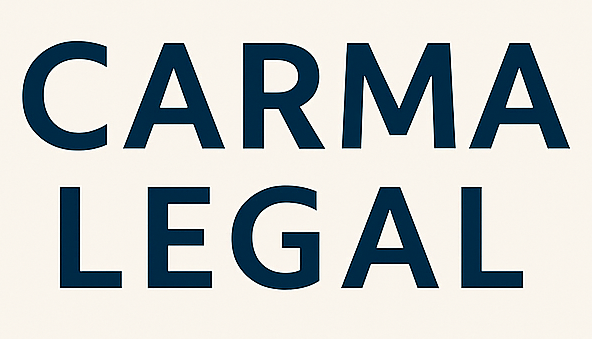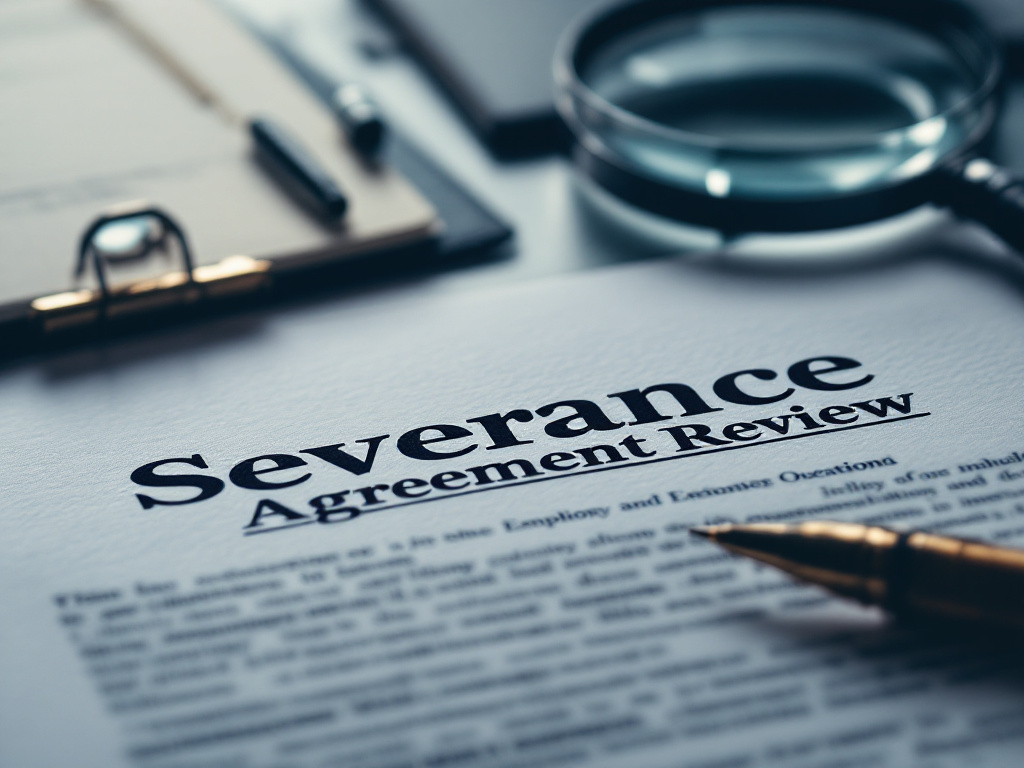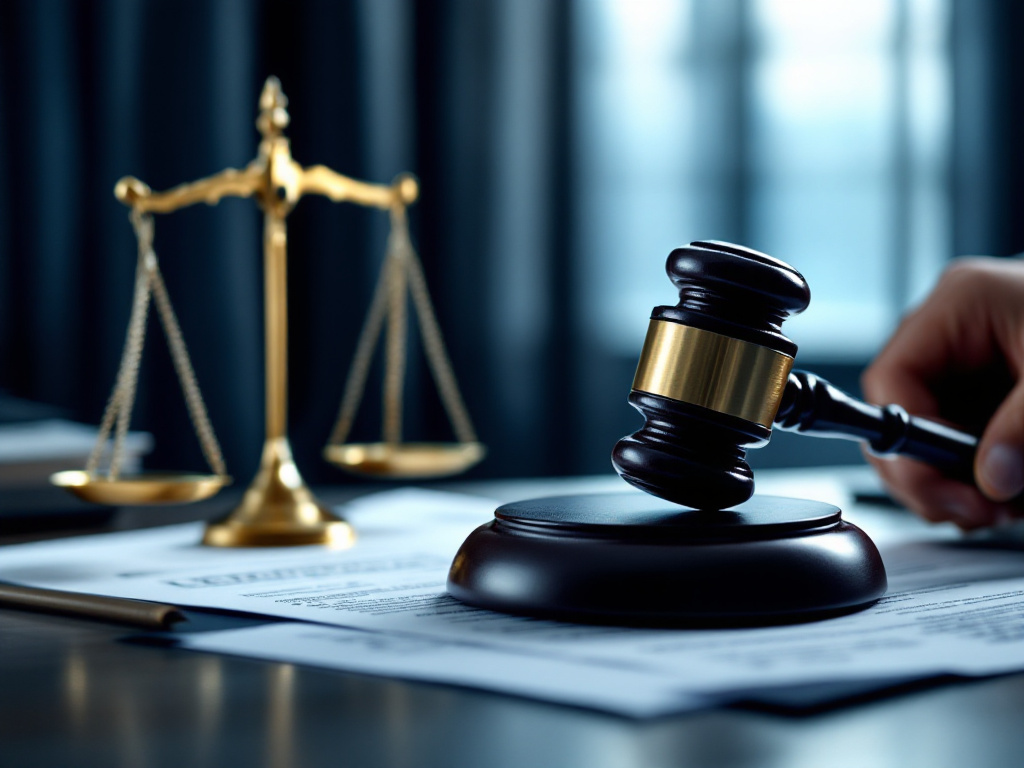Hiring experienced legal representation early can make a significant difference in the outcome of your claim. When you’re recovering from injuries, managing insurance negotiations, gathering evidence, and meeting strict deadlines can feel overwhelming. A seasoned car accident attorney can protect your rights, handle complex paperwork, and pursue maximum compensation on your behalf. According to the National Highway Traffic Safety Administration, 19,515 people died in collisions in the US last year [1], underscoring the stakes involved in motor vehicle accidents.
Verify attorney qualifications
Before you commit to legal representation, it’s essential to confirm that any prospective auto crash lawyer has the proper credentials and standing with state authorities.
Check academic credentials and license
- Review the attorney’s law school background and bar admission status.
- Cross-check licensing information with your state bar association to ensure validity [2].
- Look for any disciplinary actions or complaints in state court records.
Assess trial experience
- Determine how many years the lawyer has been practicing personal injury law.
- Ask about courtroom appearances versus settled cases.
- Seek a professional with a balance of negotiation acumen and trial readiness.
Confirm professional recognition
- Note any board certifications or specialty credentials in personal injury.
- Look for industry awards or peer-review ratings that reflect competence.
Seek referrals and reviews
Word-of-mouth and client feedback can offer invaluable insights into a lawyer’s approach, communication style, and success rate.
Gather client testimonials
- Request contact information for former clients willing to share their experiences.
- Read online reviews on third-party platforms to spot consistent praise or concerns.
Check peer endorsements
- Inquire whether local bar groups or personal injury associations recommend the attorney.
- Look for memberships in trial lawyer organizations as a sign of active professional engagement.
Analyze online ratings
- Compare ratings on legal directories for responsiveness and case outcomes.
- Watch for patterns rather than isolated comments to get a well-rounded view.
Understand fee structures
Most car wreck lawyers work on a contingency-fee basis, but fees and additional costs can vary significantly.
Contingency fee basics
- You pay only if you recover compensation.
- Percentage typically ranges from 25 to 40 percent of your settlement or verdict [3].
- If you receive no recovery, you owe no attorney fees.
Alternative billing arrangements
- Some firms may request a retainer fee, later credited against your contingency payment.
- Hourly or flat fees are rare for car crash cases but should be disclosed upfront.
Expenses and case costs
- Confirm who covers expenses for expert witnesses, medical record retrieval, and court filings.
- Reputable firms often front these costs and deduct them from your award at case conclusion.
Evaluate specialized expertise
Different claim types and local regulations demand targeted knowledge to navigate successfully.
Match practice focus to your case
- If a commercial vehicle caused your collision, you might consult a truck accident lawyer or commercial vehicle accident attorney.
- For incidents involving ride-for-hire services, a rideshare accident lawyer, uber accident lawyer, or lyft accident lawyer will understand unique policy issues.
Understand state deadlines
- Most civilian claims must be filed within two to three years after the crash [1].
- Claims against local governments may require shorter notice periods.
Reporting requirements
- In some states, including Ohio, all collisions must be reported to law enforcement at the scene, regardless of injuries [4].
- Failure to obtain an official report can jeopardize your insurance claim.
Assess negotiation and litigation skills
Insurance companies often deploy tactics to minimize payouts. Your attorney’s ability to push back is critical.
Recognize adjuster tactics
- Insurers may low-ball initial offers or pressure you to sign quick releases.
- A skilled advocate will gather full evidence and refuse inadequate settlements [3].
Trial readiness
- Confirm that your lawyer has taken cases to trial and understands courtroom strategy.
- Working with accident reconstruction experts can strengthen your position against blame-shifting arguments [5].
Evaluate communication and support
Your relationship with your attorney should be collaborative, responsive, and client-focused.
Check availability and responsiveness
- Expect timely updates on case developments and prompt answers to your questions.
- A lawyer who delegates too much to staff may leave you feeling out of the loop.
Gauge compassion and client focus
- You want an advocate who listens to your concerns and explains legal terms in clear language.
- Competent representation balances aggressive negotiation with genuine care for your physical, emotional, and financial recovery [6].
Compare firms and decide
Narrow your options by scheduling free consultations and comparing case strategies.
Leverage free consultations
- Nearly all car collision attorneys offer an initial, no-cost meeting to assess your claim [7].
- Use this opportunity to evaluate rapport, your comfort level, and proposed approaches.
Request a written fee agreement
- Ensure all fees, costs, and percentage arrangements are documented clearly.
- Verify whether expenses are deducted before or after the contingency calculation.
Discuss case strategy
- Ask how evidence will be collected, how long the process may take, and potential obstacles.
- A detailed roadmap demonstrates a firm grasp of your unique circumstances.
Prepare for first meeting
A well-prepared initial session can jump-start your case and build confidence in your choice.
Gather essential documentation
- Police and accident reports, witness contact details, and photographs of vehicle damage.
- Medical bills, treatment records, and proof of lost wages.
List your questions
- Inquire about communication protocols, billing procedures, and expected timelines.
- Clarify who on the team will handle day-to-day case tasks.
Understand key milestones
- Filing the lawsuit, discovery and depositions, settlement negotiations, and trial.
- Typical court cases settle out of disputes before trial—roughly 95 percent conclude this way [8].
Conclusion
Choosing the right car collision lawyer is one of the most important steps you can take following an accident. By verifying qualifications, understanding fee structures, evaluating specialized experience, and assessing communication style, you position yourself for a smoother process and stronger recovery. Start by arranging free consultations with a select few law firms, armed with your documentation and questions. With the proper legal advocate by your side, you can focus on healing while your attorney pursues the compensation you deserve.








